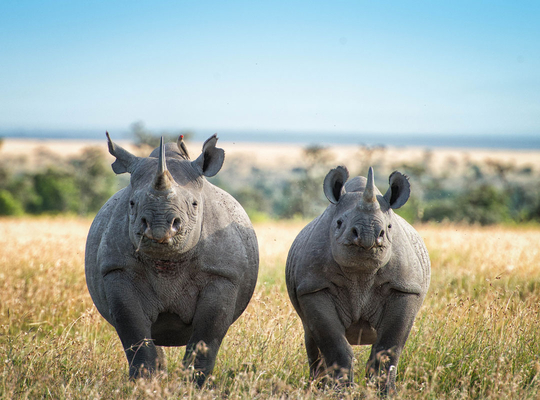You are here
Curbing the illegal trade in animals and plants

In a clear resolution, the European Parliament is calling on the EU Member States to crack down hard on the illegal trade in wild animals and plants. MEP Mark Demesmaeker contributed to this call: “A shocking number of elephants, tigers, rhino and other wild animal species are killed for gadgets and souvenirs, so-called medicines or pointless fashion accessories. Unscrupulous poachers and traders are selling out nature for big bucks. We must all take steps to put a stop to this, not only in the interest of our nature, but also in the interest of our own safety, because illegal trade in wild animals and plants is currently one of the largest forms of organised crime in the world.”
“We are talking here about a trade that puts billions of euros in the hands of criminal organisations every year, which is linked to drugs and arms trading and which is used to finance militia and terrorist organisations: practices that are not only deadly for a whole range of protected species but which also lead to insecurity and instability in for example Central Africa,” Mark Demesmaeker explains. “That is also explicitly acknowledged by the UN Security Council. “What’s more, that criminal trade is still growing spectacularly.”
EU is both destination market and hub
The resolution requests the EU Member States to implement the European Action Plan against the illegal trade in wild animals and plants in full by 2020. That Action Plan brings three priorities to the fore: preventing illegal trade, upholding the existing legislation better and strengthening global cooperation. “Europe is indisputably an involved party, not just as a destination market for products originating from illegal trade, but also as a hub for that trade onward to Asia for example,” Mark Demesmaeker concludes.

